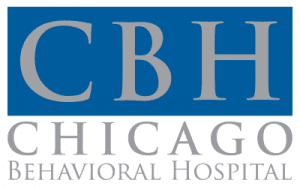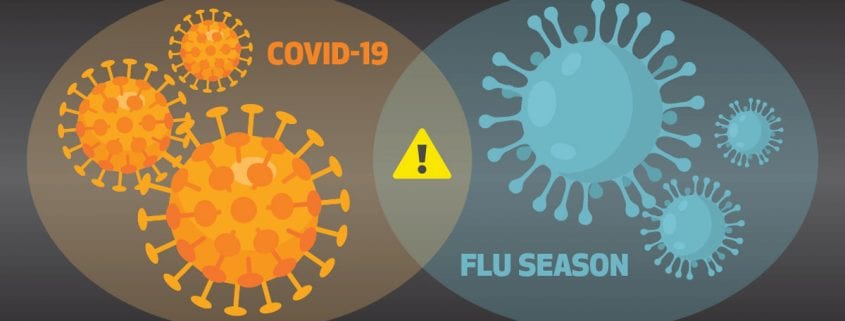Managing Health-Related Anxiety during Flu Season and COVID-19
With flu season looming and the COVID-19 pandemic still present, it is no surprise that more people are experiencing anxiety about their health. The symptoms of COVID-19 are similar to symptoms of other illnesses, like allergies and influenza. This can provoke a great deal of confusion and anxiety. As we return to school, work, and other activities that may make us more susceptible to germs and illness, it may feel like every little sneeze or cough could signal something worse.
Here are some ways to keep yourself healthy and manage anxiety about your health:
Seek information from reliable sources, such as the CDC and WHO, which provide ongoing updates about best practices to stay safe and healthy.
Get a flu vaccine. Even if you are in contact with fewer people than usual, physicians recommend getting your flu shot. Flu vaccines are widely available, often at no cost, through a primary care physician, walk-in clinic, or pharmacy. Vaccine Finder
Continue to follow guidelines and recommendations that work to reduce the spread of illness, particularly COVID-19. These guidelines include: practicing proper hand hygiene, maintaining social distance of 6 feet or more, and wearing face coverings in public places or when social distancing is difficult to maintain.
Be aware of new or unusual symptoms. If you know that you typically develop a runny nose, congestion, or sore throat due to fall allergies, these symptoms may not be cause for concern. If you notice new or different symptoms, such as fever, shortness of breath, or loss of taste or smell, it may be time to call your doctor.
When in doubt, consult a physician. Many clinics are offering phone or video consultations that allow you to have a conversation about your concerns without traveling to them.
Take care of yourself. Proper nutrition, sleep hygiene, and physical activity are important parts of taking care of your physical and mental health. Consider getting outside, too. Fresh air and sunshine can boost your mood, and vitamin D from the sun helps strengthen your immune system.
Seek social connection and support. Research shows that social support reduces the negative effects of anxiety, depression, stress and other health problems. Talk to friends or family about how you are feeling. You may also consider seeking professional help if your anxiety persists.
Chicago Behavioral Hospital is available 24 hours a day, 7 days a week to provide support to those struggling with anxiety or other issues related to mental health and substance use. Assessments are free and confidential. Call us at 844-756-8600.





